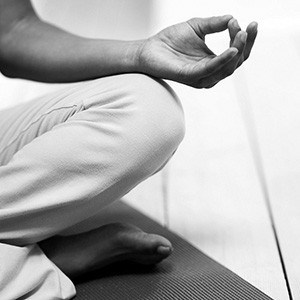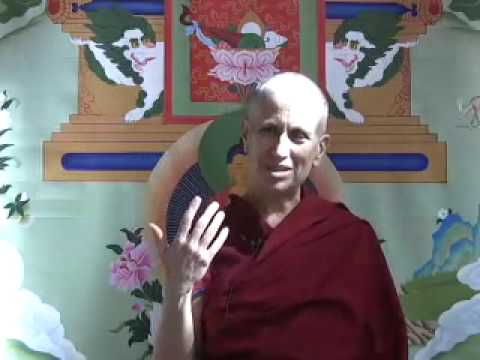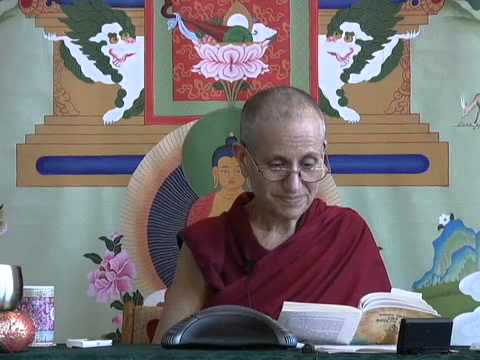Practicing in prison
By K. S.

I was just transferred to another prison, which is where the state does its executions. For a while the state had stopped executions after they learned the executioner was dyslexic and was injecting drugs in the wrong order. Then they just required the executioner to follow a set of written instructions and reinstated the death penalty. The first execution since 2005 just occurred and I was here for it. Very bad. They locked us down after dinner and have absolutely no movement. So we were just sitting in the cell. I kept looking at the clock. It is really strange being able to count down the minutes of another man’s life. They’re going to kill another man in a couple of weeks.
All this made me extremely antsy. I’m trying to keep calm, and if nothing else, my practice has become a big part of my day. I don’t know how the other guys here, who do not know the Dharma, do it, no idea. I am surrounded by and influenced by things I have no control over and that lack of control is making me angry. Just acknowledging it, though, generally releases a lot of it. But the Dalai Lama was not kidding about the effects of anger—it is exhausting!
So now I’m really trying to do things just to have some control in my life. Plus, I always have control of how I see and experience things, even if I don’t have control of those things. One thing I can say is that my practice has definitely grown by leaps and bounds since I’ve gotten here. I am really trying to practice away from the cushion, so to speak, to incorporate my practice into my daily life.
I’ve been reading Shantideva’s A Guide to the Bodhisattva’s Way of Life, focusing on bodhicitta, and reciting Vajrasattva mantra. The main thing is maintaining awareness of my thoughts and actions outside of the cell, when I’m around other people, because that is the real test. It’s easy to have an altruistic intention sitting in the cell by myself, but when someone says or does something I don’t like, how far do I extend my altruistic intention towards them? How much of my cultivated compassion do I show them? How disrupted is my mind by it?
Of course I’m proud to say that I fail miserably on a daily basis, but those failures are important to me because I’m aware of them. I’m constantly catching myself and I’m not afraid or ashamed to stop whatever I’m doing in mid-action. That’s important to me because I’m now becoming aware of my thoughts and actions as they happen, instead of afterwards. This is different from when I started practicing and would not realize what I had done until sometimes days later. This drastic improvement is extremely encouraging because it means that soon I’ll be able to be aware of the harmful actions or thoughts before I even perpetrate them and that is something to look forward to!
Last week the Buddhist group discussed how to practice Buddhism in prison. Was it even possible? Here is my honest approach to practicing Buddhism in prison …
The first thing to remember is that you’re in prison—not a monastery, not a pure land, not even a nice summer camp. You’re in prison. That being said, if you don’t stand up for yourself, they will run you down, so you do what you have to in order to create a place, however slight, that allows you to cultivate your practice. Inside that tiny place you fought to establish, you do the best you can as long as you can, and remember where you are. You’re in one of the most hostile environments known to man. This is not an environment designed to be Buddhist-friendly, but that doesn’t mean we can’t strive to make it that way. Take every opportunity to make things better around you, as if you were the only one who could do it, but have the hope that you won’t be the only one doing it.
I know it’s not the most nonviolent compassionate thing to say, but it is what I do (although I sometimes forget to hope), and it is really starting to pay off. It is an attitude that allows me to deal with whatever comes my way. A Catholic guy once told me to work as if everything depends on you and to pray as if everything depends on God. Obviously that’s not completely applicable to us, but I think the spirit of the saying is true.
If I had to summarize my practice in a word, I would say “Awareness.” That is a beautiful word, because without it there could be no change, no appreciation, and no hope. Awareness is what warms us, reminds us, and helps us along the way. At times awareness seems like a curse, but that’s only when we nitpick. Instead, awareness is our friend; it is our nature guide that shows us the beauty of the fauna, the wonders of the flora, but warns us of the cliffs and poison berries. But even then, awareness shows us the majesty of the mountain range and lush colors of the berries. Awareness isn’t outside of ourselves though. It’s part of us and through it we learn all the parts of ourselves—the glorious and the profane.
Incarcerated people
Many incarcerated people from all over the United States correspond with Venerable Thubten Chodron and monastics from Sravasti Abbey. They offer great insights into how they are applying the Dharma and striving to be of benefit to themselves and others in even the most difficult of situations.


